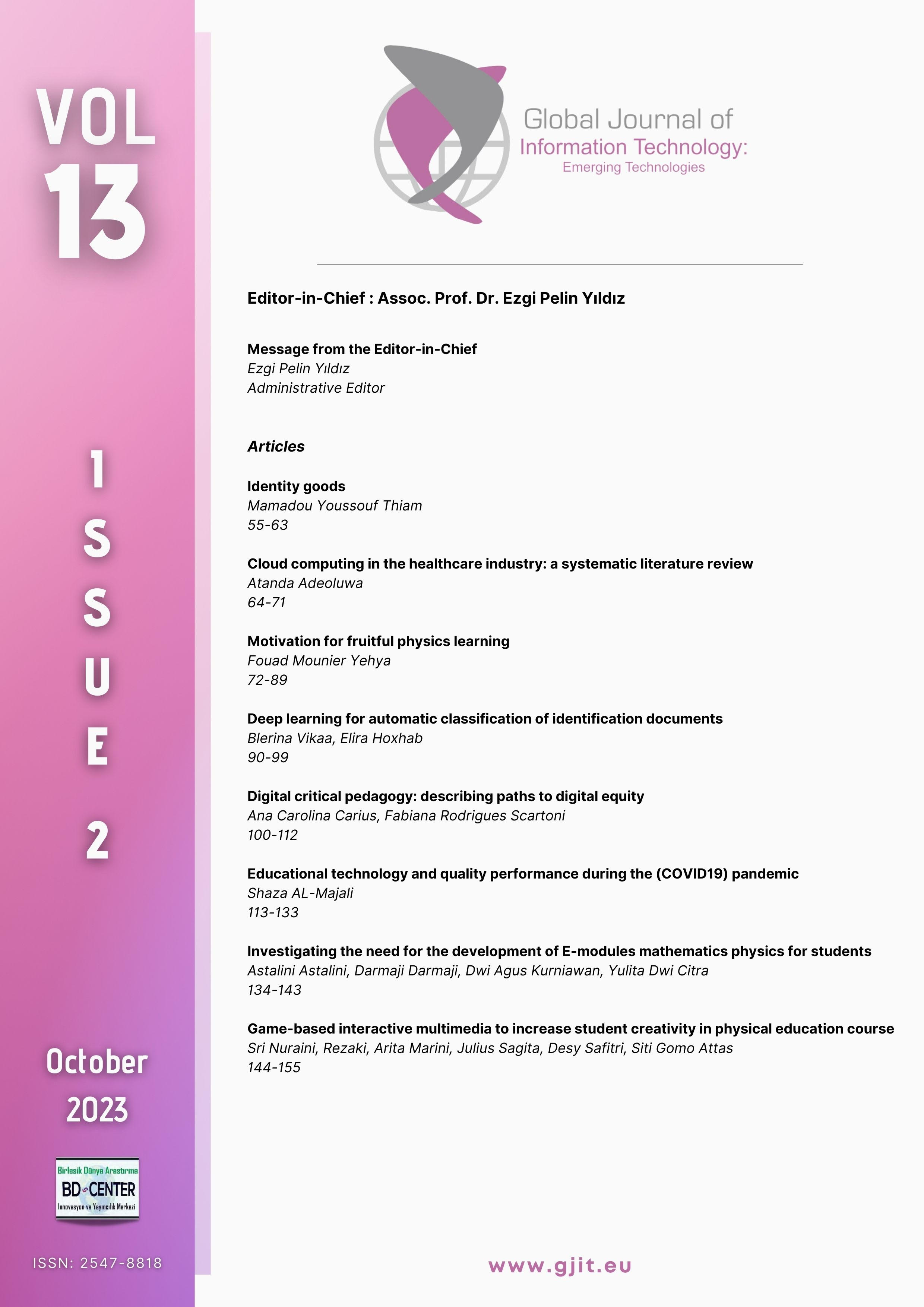Educational Technology with Relationship to the Quality Performance During the (COVID-19) Pandemic
Main Article Content
Abstract
The study aimed to identify educational technology and its relationship to the quality of performance in light of the Coronavirus pandemic from educational counselors in secondary schools in the Karak governorate, and the study sample, which amounted to (171) counselors, was chosen. The results indicated educational technology was moderate, and the degree of quality of performance was high. A presence of statistically significant differences in the reality of using educational technology due to the variable of gender in favor of females, and to the variable of experience in favor of experienced (5-10). A statistically significant differences in the performance of educational counselors due to the variable of experience and in favor of experienced (more than 10). A statistically significant differences in the relationship between the reality of using educational technology and the degree of performance.
Keywords: Educational Technology, Quality of Performance, Coronavirus Pandemic, Educational Counselors, Karak Governorate,
Downloads
Article Details

This work is licensed under a Creative Commons Attribution-NonCommercial-NoDerivatives 4.0 International License.
Authors who publish with this journal agree to the following terms:- Authors retain copyright and grant the journal right of first publication with the work simultaneously licensed under a Creative Commons Attribution License that allows others to share the work with an acknowledgement of the work's authorship and initial publication in this journal.
- Authors are able to enter into separate, additional contractual arrangements for the non-exclusive distribution of the journal's published version of the work (e.g., post it to an institutional repository or publish it in a book), with an acknowledgement of its initial publication in this journal.
- Authors are permitted and encouraged to post their work online (e.g., in institutional repositories or on their website) prior to and during the submission process, as it can lead to productive exchanges, as well as earlier and greater citation of published work (See The Effect of Open Access).
